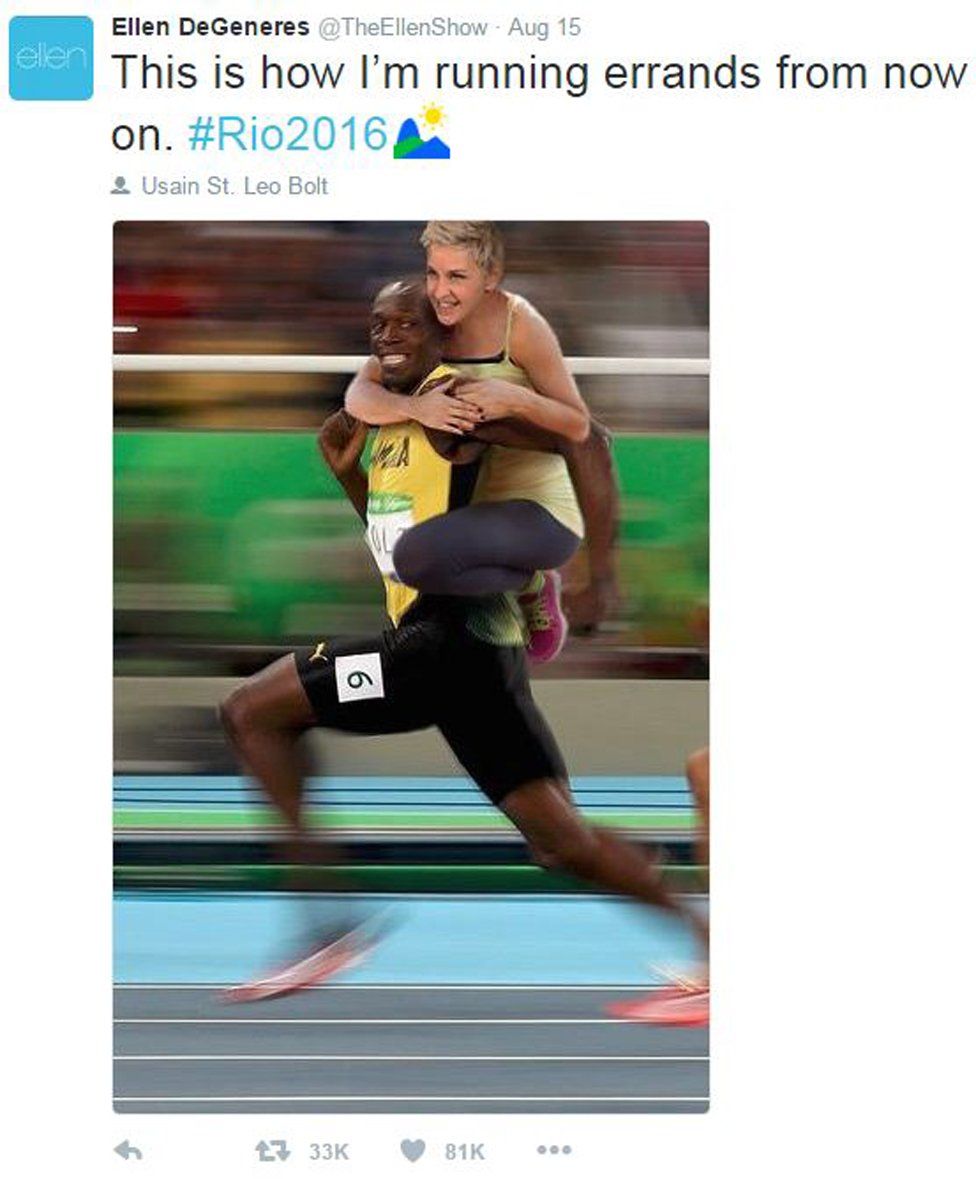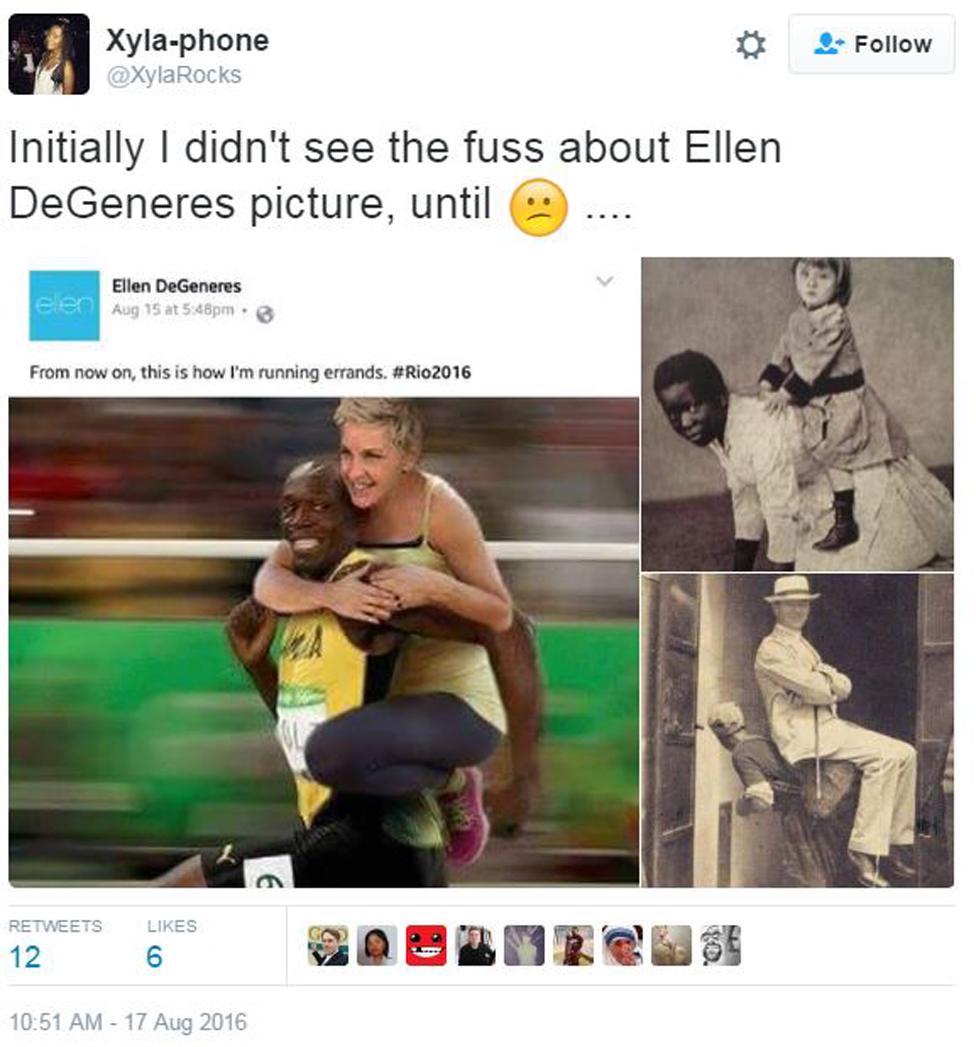Can humor ever truly be harmless, or is the very act of creating a "funny" scenario at the expense of others inherently problematic? The pervasive nature of racist jokes, from casual conversations to online platforms, demonstrates their insidious power to perpetuate prejudice and normalize discrimination.
The world of comedy, often lauded for its ability to challenge societal norms, can also be a breeding ground for harmful stereotypes. A comedian, for instance, might attempt to use a racist joke to expose the absurdity of prejudice, but the line between critique and endorsement is often blurred. The content, in its simplest form, aims to provoke laughter, but at what cost? What are the ramifications when the targets of these jokes are marginalized communities, when the "punchline" relies on historical oppression, or when the very structure of the joke reinforces existing biases?
The following table outlines the pervasive impact of racist jokes across various social contexts:
| Context | Impact | Examples |
|---|---|---|
| Mass Market Joke Books | Normalization of stereotypes; reinforcement of prejudices. | Compilation of jokes targeting specific racial groups, often presented as "harmless fun." |
| Internet | Rapid dissemination; amplification of harmful content; creation of echo chambers. | Online forums, social media posts, meme culture, where racist jokes can spread virally and reach a vast audience. |
| Criminal Justice System | Reinforcement of biases; potential for discriminatory practices; erosion of trust. | Examples include jokes told by law enforcement officials and court officials (such as the incidents in Ferguson, Missouri, highlighted in news reports), which can impact decision-making and create an atmosphere of distrust. |
| Everyday Conversations | Perpetuation of casual racism; normalization of microaggressions; creation of an unwelcoming environment for targeted groups. | Jokes told amongst friends, family, or colleagues that may seem innocuous on the surface but contribute to an overall climate of bias. |
The phrase "See top 10 racist jokes" is an initial invitation, a gateway into a world where humor and offense collide. The collection may be rated by visitors, but the very act of quantifying and ranking such content raises critical questions about our societal values. The fact that such content exists, with a degree of public consumption and engagement, necessitates a deeper dive into the motivations behind the creation, consumption, and dissemination of racist jokes.
The "funniest racist jokes only!" declaration may seem straightforward, however, it immediately signals a troubling reality. The pursuit of laughter can too readily overshadow the ethical considerations. Jokes that rely on disparaging comments, the demeaning of women, the LGBTQ+ community, or the physically impaired, reveal the ugliness of prejudice cloaked in humor.
The use of racist jokes in comedic performances is a nuanced discussion. Some comedians might attempt to use these jokes to highlight the absurdity of prejudice. But the execution is everything. Such attempts are laden with the risk of inadvertently reinforcing harmful stereotypes. The impact of such a approach should be carefully scrutinized, and a comedian must be exceptionally skilled to navigate this minefield. The risk of perpetuating harm invariably outweighs any purported benefits of exposing irrational beliefs.
The warning, "This blog is not for the faint of heart," serves as both a disclaimer and an invitation. This is not a collection of harmless anecdotes. It ventures into territory where jokes gleefully embrace necrophilia, cannibalism, and torture. Jokes that denigrate the basic human rights of various political, racial, or ethnic groups are an intentional act of violence, inflicted through laughter. Such instances are far from harmless; they constitute acts of aggression and dehumanization, and this should not be taken lightly.
The impact of racist jokes is far-reaching. They actively contribute to a culture of discrimination and exclusion. Simon Weaver, in his study, The Rhetoric of Racist Humour, highlights the dangers of such humor, arguing that racist jokes are inseparable from the cementing of white solidarity, from the spreading of racist commonsense, and from easy disavowal of the damage being done.
The history of racist jokes is often intertwined with times of social upheaval and racial tensions. Once considered an everyday occurrence, readily exchanged in pubs and comedy clubs, these jokes reflected and reinforced the dominant cultural attitudes of the time. However, the present day demands a critical reevaluation of their place in society. We can see the legacy, now circulating widely across different platforms from mass-market joke books to the internet and even impacting the criminal justice system. Their ongoing circulation reminds us that racist humor is not relegated to the past or the margins of society but is still practiced and amplified across different social contexts.
One example, the "Hardest job in the world: Police sketch artist in China," is not an isolated example. It is an example of the type of joke that relies on ethnic stereotyping. The 76.78% rating from 635 votes suggests that it has a degree of acceptance. This points to the potential for widespread appeal for such content, and the need to critically examine the assumptions that underlie the humor.
The presence of "30+ funny, best, and racist black jokes" is a symptom of the issue. It is representative of the focus on disparagement humor. Such jokes create punchlines out of marginalized groups. The notion that these jokes are "funny" emphasizes a need to address what makes such content appeal to people.
The counterpoint to the destructive force of racist jokes lies in understanding their impact, recognizing the harm they cause, and embracing an alternative worldview. The concept of "YOLO" emphasizes the value of living in the present, embracing the potential for human experience and living life to the fullest. This emphasizes a need to re-evaluate the impact of racist jokes and embrace the positive message of YOLO.
The online world, and various social contexts, provide the perfect environment for racist jokes to flourish, where they are ranked, and shared. The very act of ranking content, whether jokes or other forms of media, reveals the values that a society holds. A website may present these jokes, but also provide disclaimers, and warnings, but the question becomes: is it enough? Who is the audience? The ranking of the jokes points to the need for a deeper discussion about the role of content, and the consequences of its widespread accessibility.
It's not difficult to find such jokes, across platforms, from comedy clubs to social media pages. However, the impact of these jokes cannot be ignored. The "I'm not racist, I'm not racist, but you look great today" approach, is a common way to begin a joke. However, these jokes are only funny to some, and they depend on prejudice. These jokes rely on stereotypes. To understand these jokes is to understand their intent, is to understand racism.
The collection of Polish jokes, for example, may offer a glimpse into a culture, where humor is celebrated. This suggests a joyful exploration of a culture, but the jokes are often shared in specific contexts, by individuals of Polish descent, or lovers of international humor, they can be a reminder of ethnic stereotypes, and a need to be conscious of those stereotypes.
The use of racial slurs reveals the lazy and uninspired nature of the humor. In these contexts, the slurs are not necessarily meant to be insulting, but reflect a larger problem. The act of defining a group by their perceived characteristics, is another example of where jokes depend on prejudice. The use of these slurs reflects a failure of creativity.
The analysis of racist jokes and their impact is key to developing awareness of their role. The study of "jokes, rhetoric and embodied racism," by Simon Weaver, and the analysis of the underlying logic, provides a framework for a more profound understanding of the topic. Analyzing the language, and their structure is key to understanding the function of these jokes, and their effect.
The racial draft skit, featured on the Chappelle Show, provides an example of how racist jokes can be used in different contexts, the skit itself is an example of how the culture of racism can be explored through satire. In the serious context, is it impolite to say someone is not black enough, or too black. These are examples of the nuance of racism, and the complexities of racial identity.
The incidents of racist jokes in Ferguson reveal the impact of jokes told by police officials, these reveal the role of racist humor in institutional settings. The content reveals that the issue extends beyond online platforms and comedy clubs. The jokes highlight the damage that can be caused by these jokes, particularly when those in power participate in the content.
The collection of jokes that target women, religious minorities, and the LGBTQ+ community, reveal the diverse scope of groups targeted by racist jokes. These jokes highlight the need to understand the way these jokes affect different groups, the different contexts, and their impact on society.
The existence of sites like Sjovfamilie.dk, which include jokes, memes, and other forms of entertainment, demonstrates the demand for humorous content, and the need to address the issues in relation to the context. The need to address the subject with humor is something that can be addressed within the context, as long as the content is handled with appropriate content.



Detail Author:
- Name : Kailyn Bartoletti IV
- Email : morissette.betty@franecki.com
- Birthdate : 1987-06-01
- Address : 65324 Michaela Plaza Stoltenbergview, ME 30907-2944
- Phone : (360) 571-3718
- Company : Homenick-Rice
- Job : Forming Machine Operator
- Bio : Id molestias iste aut libero ut corrupti reiciendis. Molestiae aut impedit aliquid optio ab sed. Vel sint iure repellendus qui et animi dolorem. Natus dicta blanditiis et fugit ut eveniet est dolor.